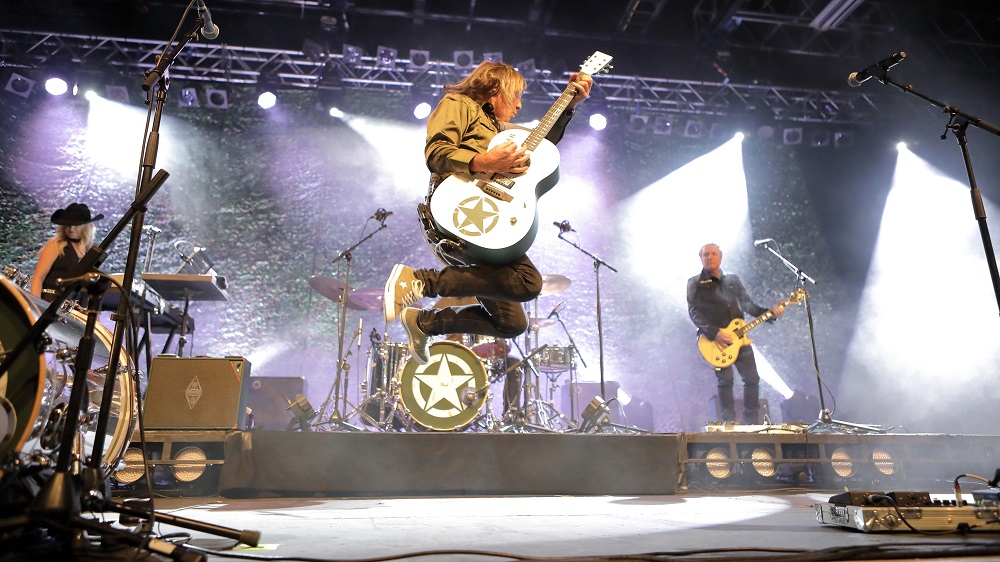Live music spaces facing “annihilation” amid unprecedented challenges

Grassroots music venues are facing unprecedented challenges, with a toxic storm of rising rent demands, high energy costs and patrons facing their own cost of living cutbacks according to a recent report.
Music Venue Trust (MVT), which represents hundreds of UK grassroots music venues (GMVs) has launched its 2023 Annual Report, which highlights the important contribution that its members make to the UK economy while painting a stark picture of the challenges, such as rising rent demands and high energy costs, still facing the overwhelming number of live music spaces.
Two closures a week across the UK
With 125 GMVs shutting at the rate of two per week last year, this report throws into sharp focus the contrast between those companies and artists at the top end of the live music sector currently enjoying record revenues and profits, and the remaining grassroots music venues, 38% of which reported a loss in 2023 despite an increased demand for tickets.
A survey of the remaining 835 members of the Music Venue Alliance (MVA), who employ over 28,000 people throughout the sector, found that they staged over 187,000 events in 2023, with 1.7m individual artist performances attracting audience visits of over 23.5m.
However, despite generating over £500m in revenues, GMVs made just £2.5m or 0.5% profit for the period.
This report also details how, without a combination of grants and donations totalling £3.1m from MVT’s own Pipeline Investment Fund, Arts Council England and other bodies, the whole sector would have operated at a loss during this period.
In total the amount that GMVs are subsidising live music rose from £79m in 2022 to £115m in 2023, an increase of £36 million or 45% over the previous 12 months.
With energy costs remaining high and rent increases averaging 37%, 164 member venues – particularly smaller venues or those in rural locations – accessed the MVT Emergency Response Service which, for the first time since the organisation’s launch a decade ago, found that the primary cause of venue closure was a lack of financial viability.
Worst year on record
Beverley Whitrick, COO of Music Venue Trust said: “2023 was the worst year for venue closures since Music Venue Trust launched ten years ago. We are still losing on average two venues a week and those that have survived are now consumed by threats to their continued existence that they have no chance of overcoming without immediate help.
“Without external support our entire sector would be bankrupt. We have been warning of these consequences for the last six years yet still the top end of the live music sector posts record profits while, with a few notable exceptions, turning a blind eye to those who discover, nurture and develop the artists that generate that revenue for them.”
Mark Davyd CEO of Music Venue Trust said: “Enough is enough, this report speaks for itself and we will not allow this to continue. We must either find a way to act collectively to get these venues and the artists who rely on them the financial support they need to survive or we will seek legislation to compel it.
“The idea that we, as an industry, cannot voluntarily create a levy to support our grassroots sector, unilaterally and without government intervention is absurd but we cannot escape the fact that we are simply not acting fast enough.
“For that reason, Music Venue Trust is asking all of the main political parties for manifesto commitments ahead of the forthcoming General Election that state that there must be a contribution from the most successful parts of our industry into the grassroots research and development carried out on their behalf.
“It’s time to stop the excuses – we can no longer accept complacency from those in a position to help prevent the annihilation of our sector.”
To access the full Annual Report please click here
Support our Nation today
For the price of a cup of coffee a month you can help us create an independent, not-for-profit, national news service for the people of Wales, by the people of Wales.





